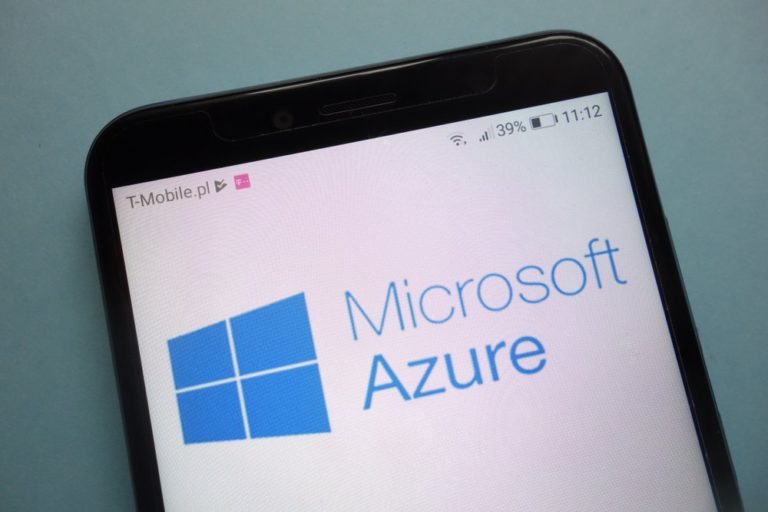The move is sure to increase competition for existing 5G service vendors.
Microsoft has introduced Azure Edge Zones, a new platform to help carriers deploy 5G solutions with more speed and lower cost than previously.
In a blog post, Yousef Khalidi, corporate vice president for Azure Networking explained what the new platform delivers. The new solution combines “the power of Azure, 5G, carriers, and technology partners around the world,” he wrote.
Microsoft tested the waters before taking the plunge
Microsoft had already dipped a toe in the telco waters earlier this year with its acquisition of cloud networking companies Affirmed Networks and Metaswitch Networks. In an interview with Reuters, Khalidi explained the synergies that the company was able to realize.
“The telco DNA was obtained through those acquisitions and we went from a small number of engineers in this space to literally hundreds of engineers,” he said. “On the other hand, the foundational pieces, including edge compute, we have had in a pipeline for many years.”
Introducing Azure “Private” Edge Zones
Microsoft is not just targeting carriers with its Edge Zone technology. They are also releasing Azure Private Edge Zones, a private 5G/LTE network combined with Azure Stack Edge on-premises. The platform delivers an ultra-low latency, secure, and high bandwidth solution that can work seamlessly with other Azure components.
“Together, Azure, Azure Edge Zones, and Azure Private Edge Zones unlock a whole new range of distributed applications with a common and consistent architecture companies can use,” Khalidi wrote.
“For example, enterprises running a headquarters’ infrastructure on Azure, may leverage Azure Edge Zones for latency sensitive interactive customer experiences, and Azure Private Edge Zones for their remote locations.”
Microsoft’s 5G future is bright
According to Microsoft’s Khalidi, the giant from Redmond has big plans for the future in 5G.
“In addition to new business application opportunities, we’re looking to transform 5G infrastructure with cloud technology. Today, most 5G infrastructure is built on specialized hardware with high capital expenditures and little flexibility. Microsoft will be working to help operators reduce costs and build capacity for their network workloads in new and innovative ways.”
